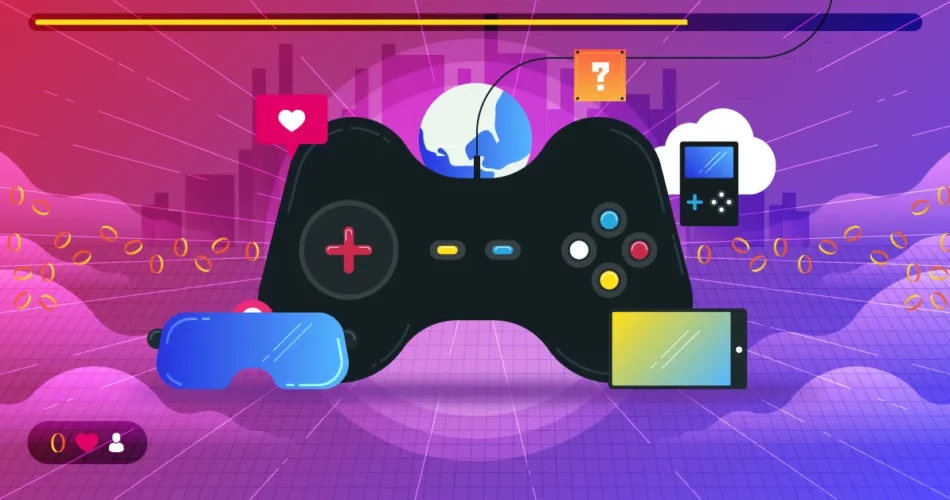In recent years, the landscape of sports gaming has undergone a significant transformation propelled by advancements in technology and shifts in consumer behavior. As we gaze into the future, it becomes increasingly evident that online sports gaming is poised for further evolution, characterized by emerging trends and innovative developments that promise to redefine the way we engage with sports virtually. Let’s explore some of these exciting trajectories shaping the future of online sports gaming.
1. Immersive Virtual Reality (VR) Experiences:
One of the most compelling developments in online sports gaming is the integration of virtual reality (VR) technology. VR offers users an unparalleled level of immersion, enabling them to step into the shoes of their favorite athletes or experience the thrill of being in a stadium from the comfort of their homes. As VR hardware becomes more accessible and affordable, we can expect to see a proliferation of VR-enabled sports games that provide hyper-realistic experiences, blurring the lines between the digital and physical worlds.
2. Enhanced Realism and Authenticity:
Advancements in graphics, animation, and motion-capture technology have enabled game developers to create sports simulations that closely mimic the real thing. From lifelike player movements to realistic stadium atmospheres, the emphasis is on delivering an authentic experience that captures the essence of sports. As these technologies continue to improve, players can look forward to games that offer unprecedented levels of realism, making them feel like genuine participants in their favorite sporting events.
3. Integration of Augmented Reality (AR):
While virtual reality immerses users in a completely digital environment, augmented reality (AR) overlays digital elements onto the real world. In the realm of sports gaming, AR holds tremendous potential for enhancing the way fans interact with live events. Imagine using your smartphone or AR glasses to overlay player statistics, real-time commentary, or interactive overlays onto the field during a live game. AR technology opens up new possibilities for enhancing the viewing experience and engaging fans in innovative ways.
4. Social and Community Integration:
Online sports gaming is no longer just about playing against the computer; it’s about connecting with a global community of fellow enthusiasts. Social integration features prominently in modern sports games, allowing players to compete against friends, join online leagues, and share their achievements on social media platforms. Looking ahead, we can expect to see even deeper integration of social features, fostering greater camaraderie and competition among players worldwide.
5. Personalized and Adaptive Gameplay:
Advances in artificial intelligence and machine learning are revolutionizing the way games are played. In the future, online sports games will increasingly adapt to each player’s unique style, preferences, and skill level. AI-powered coaches could provide personalized training regimens, while adaptive difficulty algorithms ensure that players are consistently challenged without feeling overwhelmed. This personalized approach not only enhances the gaming experience but also facilitates skill development and player engagement over time.
6. Expansion into Esports:
Esports, competitive video gaming, has surged in popularity in recent years, and the world of sports gaming is no exception. Major sports leagues are increasingly embracing esports as a way to engage with younger audiences and tap into the growing market of competitive gaming. We can expect to see further convergence between traditional sports and esports, with online sports gaming serving as a bridge between the two worlds. Esports tournaments featuring virtual versions of popular sports are likely to become more prominent, offering players the opportunity to compete for glory and recognition on a global stage.
In conclusion, the future of online sports gaming is brimming with excitement and innovation. From immersive VR experiences to the integration of AR technology, from personalized gameplay to the rise of esports, the possibilities are endless. As technology continues to evolve and consumer preferences evolve, one thing is certain: online sports gaming will continue to push the boundaries of what’s possible, delivering thrilling experiences to fans around the world.



